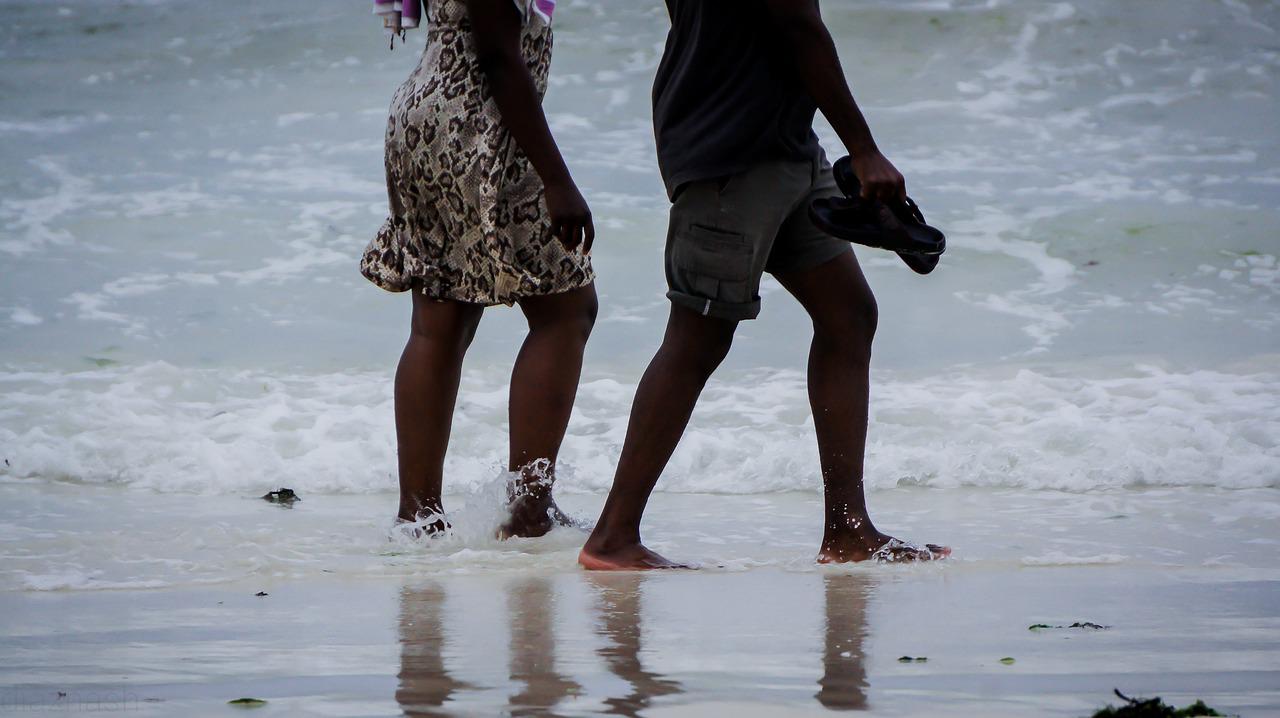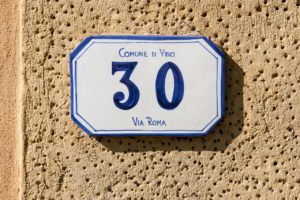Image by Nina Stock from Pixabay
Valentine’s Day is coming up, so let’s cover some Swahili vocabulary and expressions to help you talk about all things love.
Unanipenda? Do you love me?
Let’s start with some basics. If you’re talking to your significant other, you might want to use a pet name like kipenzi cha moyo sweetheart, mpenzi darling, my love, or malaika baby.
- Ninakupenda.
I love you. - Ninampenda.
I love her/him. - Huyu ni rafiki yangu wa kiume/rafiki yangu wa kike.
This is my boyfriend/girlfriend.
- Huyu ni mume/mke wangu.
This is my husband/wife. - Heri ya Sikukuu ya Wapendanao!
Happy Valentine’s Day! - Heri ya maadhimisho ya mwaka.
Happy Anniversary. - Nimekukosa.
I miss you.
Ninampenda sana. I really like her.
If someone has caught your eye, you might want to say:
- Ninampenda sana.
I really like him/her. - Yeye ana sura nzuri.
He/She is really good-looking. - Ni mrembo.
She’s beautiful. - Yeye ni mtanashati.
He’s handsome. - Yeye ni mcheshi.
He/She is funny. - Yeye anapendeza.
He/She is interesting. - Ana akili.
He/She is smart.
Unataka kupata chajio nami? Do you want to have dinner with me?
Maybe there’s a mutual attraction? One way to find out is to ask.
- Unataka kwenda kutembea nami?
Do you want to go out with me? - Unataka kunywa kahawa/vinywaji nami?
Do you want to have coffee/drinks with me? - Wacha tule chajio pamoja.
Let’s have dinner together. - Nilifurahia sana kupata kukujua.
I really enjoyed getting to know you. - Unataka twende tukatembee tena wakati mwingine?
Do you want to go out again some time? - Ninataka nikuone tena.
I want to see you again. - Ninataka kukubusu.
I want to kiss you.
Tumekuwa tukichumbiana kwa mwaka mmoja. We’ve been together for a year.
If you’re in a long-term relationship, you might want to know how to say:
- Mmekuwa pamoja kwa muda upi?
How long have you two been together? - Nyinyi wawili mlikutana vipi?
How did you two meet? - Tulikutana kazini/shuleni.
We met at work/school. - Tulikutana kwenye sherehe/baa.
We met at a party/bar. - Tulikutana mtandaoni.
We met online. - Marafiki/wazazi wetu walitutambulisha.
Our friends/parents introduced us. - Tumekuwa pamoja kwa mwaka/miaka miwili/ muda mrefu.
We’ve been together for a year/two years/a long time. - Tunaishi pamoja.
We live together. - Bado hatujaoana.
We’re not married yet. - Tunataka kuoana ila hatuko tayari.
We want to get married, but we’re not ready.
Utanioa? Will you marry me?
If you decide that you want to get married, you might want to say:
- Wacha tuoane.
Let’s get married. - Tumechumbiana.
We’re engaged. - Hii ni pete yangu ya uchumba.
This is my engagement ring. - Huyu ni mchumba wangu.
This is my fiancé / fiancée. - Tunapanga harusi yetu.
We’re planning our wedding. - Harusi yetu itakuwa ya kawaida na ndogo.
Our wedding will be simple and small. - Bibi harusi ni mrembo.
The bride is beautiful. - Bwana harusi ni mtanashati.
The groom is handsome. - Harusi ilipendeza.
The wedding was beautiful. - Huyu ni mume wangu.
This is my husband. - Huyu ni mke wangu.
This is my wife. - Mmekuwa kwenye ndoa kwa muda upi?
How long have you been married? - Leo ni siku yetu ya kusherehekea maadhimisho ya mwaka baada ya kuoana.
Today is our wedding anniversary.
Hatupo pamoja tena. We’re not together anymore.
Hopefully your relationship is long and strong and full of happiness. But, sometimes things just don’t work out.
- Hawana furaha kwenye uhusiano.
They’re not happy together. - Wao hugombana kila wakati.
They argue all the time. - Wana vita vikubwa.
They’re having a big fight. - Alienda nje ya ndoa.
He cheated on her. - Alienda nje ya ndoa.
She cheated on him. - Yeye ana mpenzi wa nje.
He/She is having an affair. - Ninataka kukuwacha.
I want to break up with you. - Nataka kutaliki.
I want to get a divorce. - Waliwachana.
They broke up. - Walitalikiana.
They got divorced.
Heri njema ya Sikukuu ya Wapendanao. Happy Valentine’s Day
For now, though, let’s just focus on the positive.
- Maua haya ni yako.
These flowers are for you. - Chokoleti hizi ni zako.
These chocolates are for you. - Wacha tuwe na chajio ya mapenzi.
Let’s have a romantic dinner. - Wewe ni wa maana sana kwangu.
You’re very important to me. - Nataka kuishi maisha yangu nawe.
I want to spend my life with you. - Mimi hukufikiria kila wakati.
I think about you all the time.
Do you want to learn Swahili?
Check out our other posts on Swahili language, culture, and more. And if you’re looking for convenient and affordable live Swahili lessons with a real teacher, check out The Language Garage Swahili. Our lessons are given online in a virtual classroom, so it doesn’t matter where you live or work. We can come to you. And we have flexible options, with a free trial so that you can decide if there’s a fit. Check us out!






Hujambo Language Garage Swahili,
Kwanza, asenteni kwa maneno ya lugha na ya sasa. Bado nilitumia “intaneti” na “rafiki yangu” lakini umeonyesha maneno ya kisasa zaidi ni “wavuti” au “mtandaoni” na “rafiki wangu.” Asante.
Kiti kidogo tu. Kuna tegu dogo. Iliofuatia inahitaja herufi la “a” zaidi iwe safi:
Bado hatujaoana. We’re not married yet.
Tena, ni kosa dogo na zile zote ni safi sana.
Siku njema,
Mtu Mmerikani
Asante Sana! “Bado hatujaoana.”
I checked with the author in Kenya, and she confirmed that it was a typo.